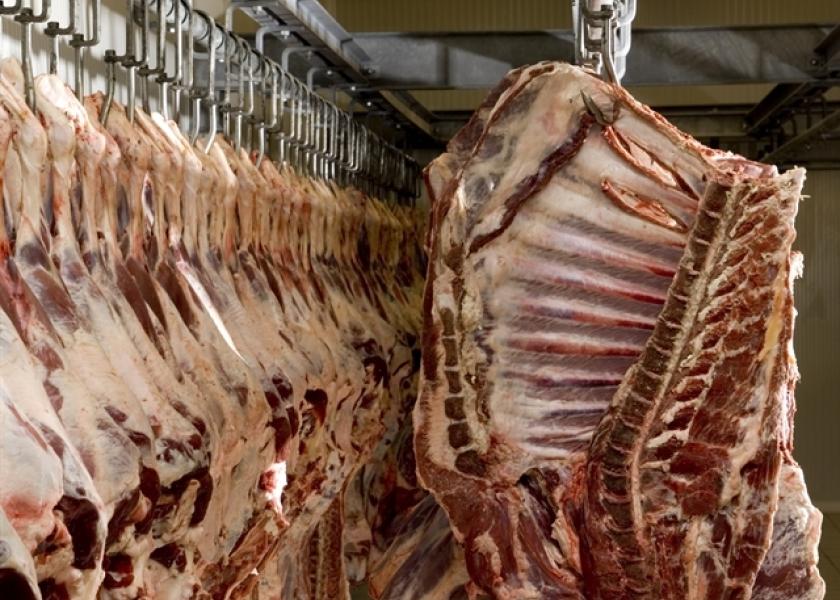USDA Suspends Rural Oregon Slaughterhouse

The U.S. Department of Agriculture announced that it has temporarily shut down a slaughterhouse in rural Oregon for inhumane slaughtering practices.
Bartels Packing suspended operations effective Oct. 27 and will remain closed while the agency investigates, USDA Food and Safety Inspection Service spokeswoman Maria Machuca told The Register-Guard.
According to a federal investigation, the Lane County slaughterhouse failed to properly stun cattle, a procedure meant to immediately render the animals unconscious before slaughtering them. Workers routinely failed to knock out livestock with the first shot from a hand-held bolt gun and were having to shoot cows with a second blow, according to a letter sent to the business by the Food Safety and Inspection Service in September.
The Federal Meat Inspection Act gives the agency the authority to temporarily suspend operations at slaughtering businesses if it fails to follow humane slaughtering rules.
Machuca said she is not sure how long the investigation will take.
Chris Bartels, the company's president, said Wednesday that his business is making changes to its slaughtering methods and hopes to reopen by Nov. 14.
Bartels said the company is implementing designs recommended by animal sciences professor Dr. Temple Grandin to keep cows calm during the slaughtering process. He said the company has contracted with a company to building the systems, including curved cattle chutes that encourage the natural behavior of cattle.
Bartels said his business has notified customers that it will shut down while modifying its system. The packing plant employs 50 people.







